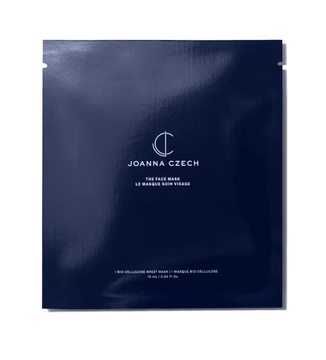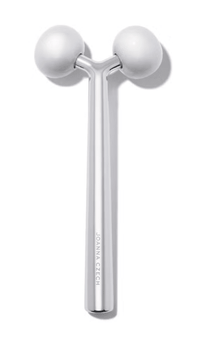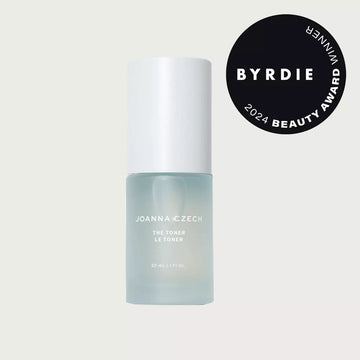SPF 101! Dermatologist reveal their ULTIMATE guide to sun protection - from the perfect amount to the best ingredients - and detail the gravest mistakes EVERYONE makes

Esthetician Joanna Czech - who counts Jennifer Aniston, Kim Kardashian and Hailey Bieber as clients - added she preferred using a maximum of SPF 35 for everyday use on the face because 'higher SPF can cause skin reactions.'
'Also, don't forget your ears, hands, feet, soles of the feet, and lips, a mistake many people make,' she said.
Czech also advised people should avoid mixing their SPF with other products, such as foundation or moisturizers, because it would affect its efficacy.
'The SPF also needs to create an even shield-type layer on your skin for maximum protection against the sun,' she said.
'SPF should be the last step in your skincare routine before you apply makeup.'
How much sunscreen should be applied?
Czech recommends the two-finger rule, which should be sufficient to cover your face and neck.
Dr. Hale added the official guideline was two milligrams of sunscreen per square centimeter of skin, 'but that can be hard to visualize.'
'You can think of it as a shot glass full for your whole body, or a quarter-sized dollop for your face, neck, and chest to ensure complete coverage,' she told DailyMail.com.
'If you're using a spray sunscreen, make sure you see an even sheen of product all over, and then rub it in with your hands.'
Can the same product be used for face and the body - both in terms of formula and SPF?
And when it comes to shopping for the best sunscreen for you, Czech said there were two different types to watch out for: physical and chemical.
'Physical sunscreen will have key ingredients titanium dioxide and zinc oxide. Both ingredients create a protective barrier from the sun by sitting on top of your skin. This type of sunscreen is less likely to clog pores, as it doesn't penetrate the dermis,' the esthetician explained.
'On the other hand, chemical sunscreen is absorbed into the epidermis. It is important to apply chemical sunscreens 30 minutes before exposing yourself to the sun giving it time to soak into the skin.
'If you have acne-prone skin or sensitive skin, I would recommend a physical sunscreen.'
Any other sun protection tips?
Czech also warns people about heat-induced hyper-pigmentation.
'While it is known that the sun can cause hyperpigmentation, heat induced hyperpigmentation is also something to keep in mind during the warmer months,' she said.
'SPF does a great job protecting you from the sun but it does not protect against the heat. I recommend The Cream from my skincare line which contains a unique tetrapeptide defense that protects your skin from the heat-induced hyperpigmentation.'



